We’re in the middle of a sermon series at Central that we’re calling “Family Matters.” Yesterday we focused our attention on Christian parenting: raising our children by the love of God and the cross of Christ. The sermon I wrote wound up being two or three pages longer than the sermon I delivered. So, I’m using this space this week to lay out the entire sermon. There’s more here than what you heard Sunday or what you’ll find listening online. The title of the sermon is “So, You’ve Ruined Your Kids…” This is the Director’s Cut. Bonus Material. The unedited version.
Parenting is hard. It’s very difficult. Stressful. Parenting is the only job in the world that requires no previous experience, provides no training, you can’t quit, and people’s literal lives are at stake. That’s heavy. And nobody really knows how to do this. I used to have three theories about parenting before we had any children; now I’ve got three children and no theories!
The birth of a child causes parents to experience both great joy and abject terror. Nothing seems as innocent, as non-threatening, or was warm-hearted as the idea of children. At the same time, nothing can be scarier than the responsibilities we have as parents. And all parents feel overwhelmed. We’re not as equipped or as confident as we’d like to be. We all believe, in ways big and small, that we’ve ruined our kids. These gifts from God. These precious blessings. That’s what children are: gifts from God.
“Children are a heritage from the Lord, a reward from him. Like arrows in the hands of a warrior are children born in one’s youth. Blessed is the one whose quiver is full of them!” ~Psalm 127:3-5
OK, but what do we do with them? Because it’s not science. Parenting is much more art than science. A lot of the advice we get, though, whether it’s from the church or from the world amounts to mainly technique. Strategies. Here’s how you install a car seat, here’s how you potty train, here’s how you set boundaries with phones and with dating. All that’s important and needed, but kids are not an operating system where we just need to have the right codes and punch them in. When do you put your foot down and when do you let up? I don’t know! I mess that up almost every time!
One of the best Bible passages for parenting is in 2 Chronicles 20. The people of Judah are facing a massive army from a foreign power, storming in wipe them out. Judah’s in trouble. And Jehoshaphat, the King of Judah, stands up in the middle of all the people — including the wives, children, and little ones, it says — and he does not say, “Hey, we can do this!” He prays to God: “O Lord, God of our fathers, are you not the God who is in heaven?” Then he goes on in the prayer to say, “Here’s what’s going on, Lord; here’s what looks like is going to happen next…” And then he closes his prayer with this line:
“We do not know what to do, but our eyes are upon you.” ~2 Chronicles 20:12
Now, our children are not a marauding army threatening to wipe us out. They could, maybe; they outnumber us and they are fierce. But this passage still says something about parenting. No matter how many books or blogs we read, no matter how many classes we attend or godly examples we follow, no matter how well things seem to be going, every parent reaches a point of powerlessness and despair. Things are awful. I’m messing this up. I don’t know what to do. I’m ruining my kids. Knowing that and turning to the love of God and the cross of Christ — I don’t know what to do, but my eyes are on you — that’s where we lose our guilt and our anxiety. That’s where we receive his grace and mercy and hope, for us and our children.
I’m going to give you five things that I think are really important. I am not perfect at these five things; in fact, a couple of these things are front and center for me right now because I’m realizing how terrible I am at them. These five things are all biblical and theological, they’re Christ-centered and Kingdom of God-focused. They matter. This won’t be an exhaustive list, this isn’t all of it. But these five things feel really important to me.
Consistent Discipline – I’m not just talking about the punitive stuff or the corrective stuff. You know, you talk about parenting and you say the word “discipline,” and people react. Why did you say “discipline?” Why do you focus on “discipline?” Why is “discipline” the first thing you said? What about love and affection and nurture?
Hey, love and affection and nurture are discipline!
Think about like an athlete training for a competition. She practices every morning evening, she eats all the right foods, she takes instruction well from her coaches — that’s all discipline. She lifts weights, no sodas or Mickey D’s, she runs every day — that’s all discipline. She sleeps when her friends are out partying and her parents cheer her on from the stands — that’s discipline. And those practices shape her and guide her for her athletic future.
Hugging your child is a discipline. Saying “I love you” is a discipline. Reading a bedtime story is a discipline. You might say, “No, those things come naturally to me because I love my child.” That may be true, but you probably don’t feel like doing those things all day long every single day. Sometimes you’re exhausted in the afternoon and you just want to go to bed. But you still sing “Jesus Loves Me” to your child and pray with him in his room. That’s discipline. You’re not just showing affection to your child in that moment, you’re building practices and rhythms that, over a long period of time, come to show your child that she is loved and how to love others.
Maybe it’s really easy for you to say “I love you” to a spouse or a parent at the end of every single conversation. But that’s because you’ve practiced it so many times.
Consistent discipline. When you sit at home, when you walk along the road, when you go to bed, when you wake up — consistent training (Deuteronomy 6:7). Teaching your child the Bible is discipline. Modeling how to pray is discipline. Singing songs together, daily and weekly chores, drivers ed, worshiping and serving together with your church, showing your teenager how to apply for a job — all of that is discipline. Of course, correcting behaviors that don’t fit with our family or with being followers of Jesus is part of discipline, too. And it needs to be consistent.
Peace,
Allan
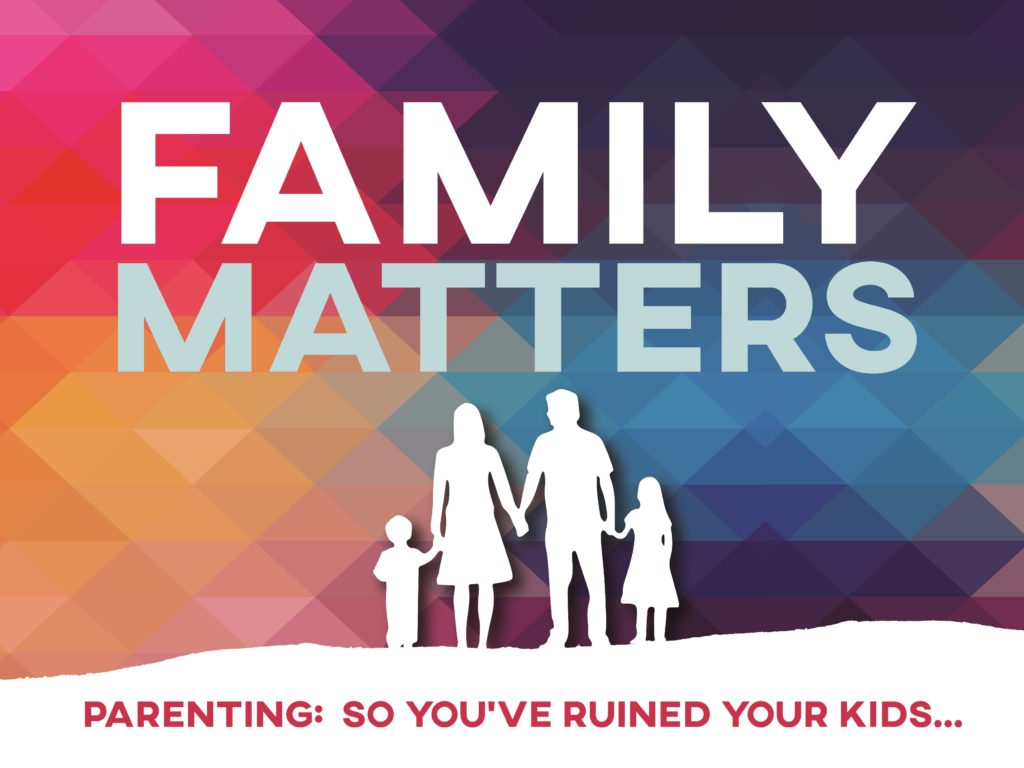


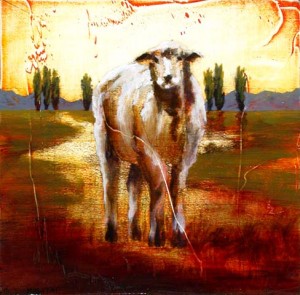
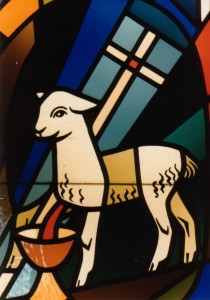



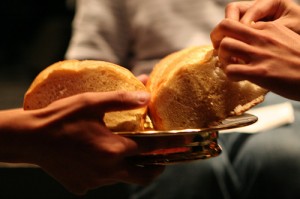
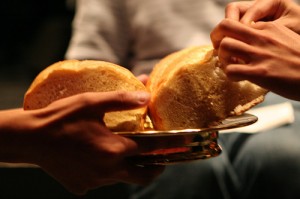
Recent Comments